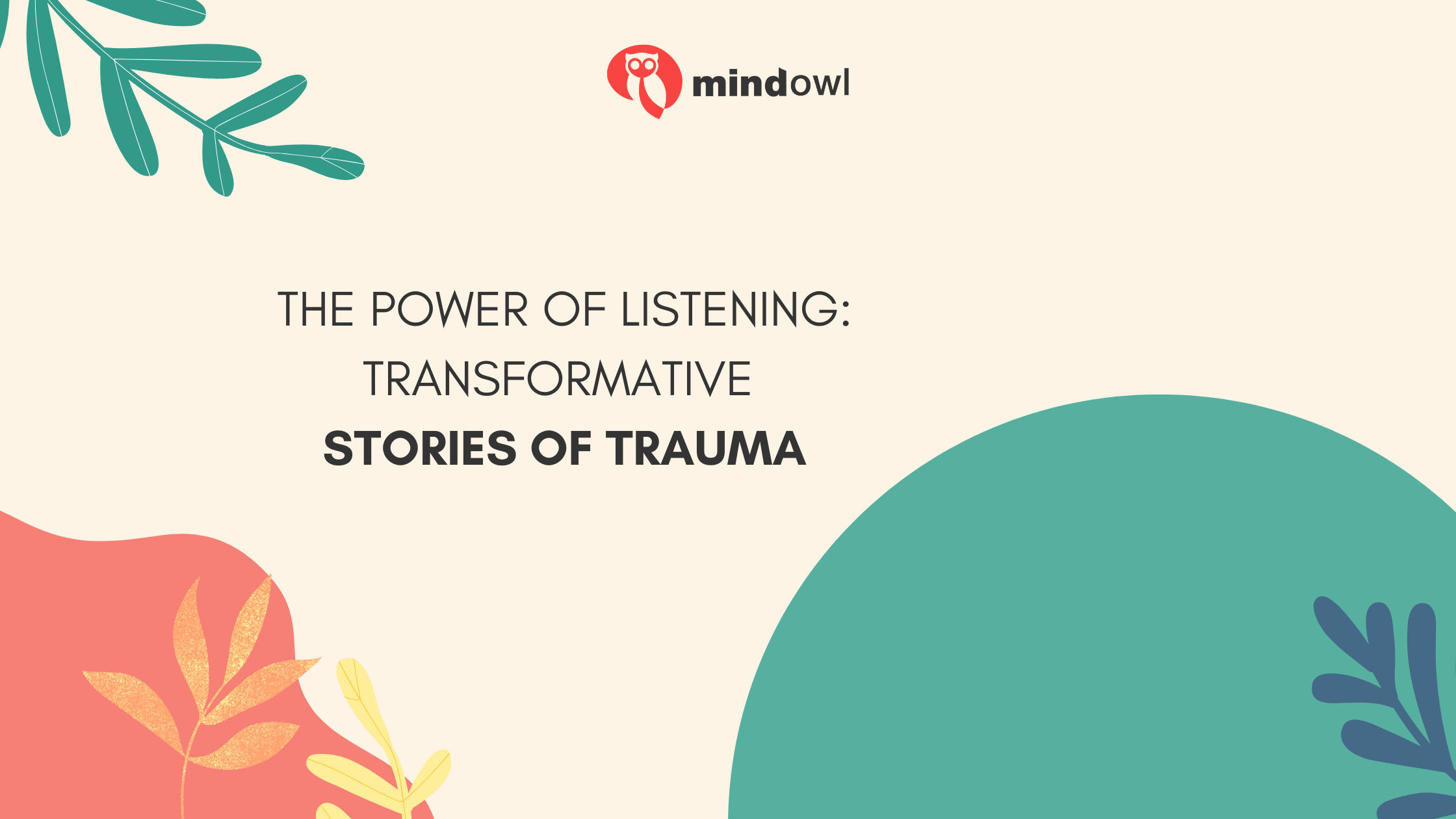Photo by Priscilla Du Preez 🇨🇦 on Unsplash
In the realm of trauma recovery, one powerful tool often goes overlooked: the simple act of listening. By actively listening to trauma survivors’ stories, a renewed sense of hope and resilience can be established. Compassionate listening will assist these survivors to heal and help them on their path to recovery.
Understanding Trauma and Its Effects
Individuals can experience trauma in a wide variety of ways, each affecting an individual in a different manner. The distressing or disturbing event can have long-lasting effects on mental health, emotional wellbeing, and physical health. The impact of trauma can be deeply rooted and may often lead to:
- Post-traumatic stress disorder (PTSD)
- Anxiety and depression
- Relationship issues
- Abuse of alcohol or other dependant substances
- Chronic health problems
Understanding these effects is crucial in recognizing the importance of effective support systems for trauma survivors.
The Role of Listening in Healing
Active listening plays a pivotal role in the healing process for trauma survivors. When someone truly listens without judgment, it creates a safe space for survivors to express their experiences, emotions, and fears. This act of being heard and validated can be profoundly therapeutic, offering several benefits:
- Emotional release: Sharing traumatic experiences helps survivors process their emotions.
- Reduced isolation: Feeling understood combats the loneliness often associated with trauma.
- Empowerment: Being listened to restores a sense of control and agency.
- Trust-building: Positive listening experiences can help rebuild trust in others.
Personal Stories of Transformation
The power of listening and trauma training is best illustrated through the stories of those who have experienced its transformative effects firsthand. As this anonymous poster explained:
Listening often eludes us due to distractions. I once felt alone, unheard by my ex-partner who dismissed my feelings, making me feel insignificant. Therapy revealed the power of being genuinely listened to, offering validation and relief. I’ve since committed to listening without judgment, ensuring no one feels as small as I once did. Listening conveys that feelings are valid, fostering a supportive community. Despite feeling inadequate at times, simply being there and listening can profoundly impact someone’s life. Surrounding yourself with listeners and being one yourself can create a positive, empowering environment for everyone.
These personal accounts highlight how attentive listening can be a turning point in a trauma survivor’s journey towards recovery.
Listening as a Community Practice
The impact of listening extends beyond individual interactions to entire communities. When a community embraces the practice of active listening, it creates a supportive environment for trauma survivors to heal collectively. Some examples of community-led initiatives include:
- Immediate support hotlines such as the Crisis Text Line.
- Support groups such as the Anxiety and Depression Association of America
- Education programs that inform the community about support groups or how support can be provided.
These initiatives demonstrate how fostering a culture of listening can lead to more compassionate, supportive communities better equipped to aid in trauma recovery.
Embracing the Healing Power of Listening
The transformative potential of listening for trauma survivors cannot be overstated. Survivors need to be treated with compassion and respect. By actively listening to their stories and by showing compassion these individuals will be open to healing and will have a sense of support through difficult times.
MindOwl Founder – My own struggles in life have led me to this path of understanding the human condition. I graduated with a bachelor’s degree in philosophy before completing a master’s degree in psychology at Regent’s University London. I then completed a postgraduate diploma in philosophical counselling before being trained in ACT (Acceptance and commitment therapy).
I’ve spent the last eight years studying the encounter of meditative practices with modern psychology.

